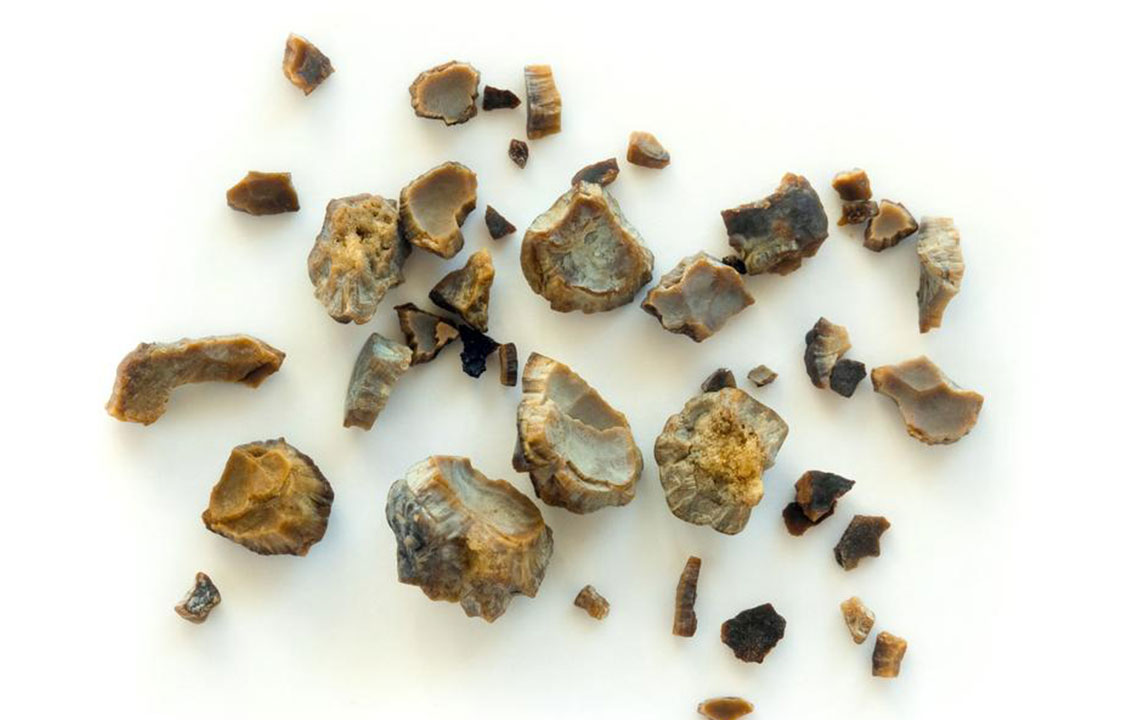Comprehensive Overview of Causes Leading to Kidney Infections and Prevention Strategies
This comprehensive article delves into the causes of kidney infections, emphasizing the importance of hygiene, managing urinary obstructions like stones, prostate health, immune support, and lifestyle factors. It highlights preventive practices and early symptom recognition to reduce risks and ensure prompt treatment. Understanding these factors enables better kidney health management and minimizes complications associated with infections. Suitable for individuals seeking detailed insights into kidney health and infection prevention strategies.

Comprehensive Overview of Causes Leading to Kidney Infections and Prevention Strategies
Kidney infections, also known as pyelonephritis, are serious medical conditions that can cause significant discomfort and health complications if not diagnosed and treated promptly. These infections typically originate from bacterial ascension from the lower urinary tract to the kidneys. Understanding the underlying causes of kidney infections is essential for early prevention, effective treatment, and minimizing long-term health issues. This detailed article explores the various factors contributing to the development of kidney infections, including lifestyle, hygiene habits, anatomical issues, and immune system health.
Hygiene Practices and Their Impact on Kidney Health: Maintaining good hygiene is fundamental in preventing urinary tract infections (UTIs), which frequently precede kidney infections. Inadequate cleanliness, especially in bathrooms, can facilitate bacterial transfer. Public toilet seats that are contaminated without proper sanitation measures pose a risk. Women are inherently more susceptible to UTIs and subsequent kidney infections due to anatomical differences; their shorter urethra allows bacteria easier access to the bladder and ureters. Thus, practicing proper hygiene, such as thorough cleaning after bathroom use and avoiding sitting on unclean surfaces, significantly lowers the risk of bacterial invasion.
Urinary Tract Obstructions and Kidney Stones: One of the most common causes of kidney infections is the presence of urinary obstructions, notably kidney stones. These mineral and toxin deposits can block urine flow, creating an environment conducive to bacterial growth. Kidney stones form when substances like calcium, uric acid, or struvite crystallize in the urinary tract, often due to diet, dehydration, or metabolic factors. The obstruction impedes the natural flushing mechanism of urine, trapping bacteria within the kidneys. Consequently, infection can develop rapidly, accompanied by symptoms such as fever, chills, flank pain, and malaise. Prompt diagnosis and treatment are crucial to dissolve or remove stones and prevent recurrent infections.
Prostate Enlargement and Urinary Difficulties in Men: In men, conditions like benign prostatic hyperplasia (BPH), or an enlarged prostate, can obstruct urine outflow. The residual urine creates a breeding ground for bacteria, increasing the likelihood of infections ascending from the bladder to the kidneys. Men experiencing urinary hesitancy, weak stream, or dribbling should seek medical evaluation, as untreated prostate issues pose a risk for recurrent UTIs and kidney infections. Addressing the underlying prostate problem through medication, lifestyle changes, or surgery can significantly reduce infection risk.
Immune System Weakness and Seasonal Factors: A robust immune system plays a vital role in preventing infections. Conditions that weaken immunity, such as poor nutrition, chronic illnesses, or seasonal changes, can predispose individuals to bacterial invasions leading to kidney infections. For example, inadequate intake of essential nutrients can impair the body's ability to fight bacteria, while seasonal variations might influence immune response. Maintaining a balanced diet rich in vitamins and minerals, alongside regular health check-ups, enhances immune defenses. Additionally, staying hydrated regularly flushes bacteria from the urinary tract, reducing infection risk.
Sexual Activity and Increased Risk of UTI: Sexual activity can facilitate bacterial transfer from the genital area into the urinary tract. Couples with frequent sexual intercourse may experience higher incidences of UTIs, especially if proper hygiene is ignored before and after activity. Using barriers like condoms, urinating after intercourse, and maintaining genital cleanliness help prevent bacterial colonization. Irritations or micro-tears in the urethra during activity can also serve as entry points for bacteria, emphasizing the importance of gentle and hygienic practices.
Recognizing Early Symptoms and When to Seek Medical Help: Early detection of symptoms such as burning during urination, cloudy or foul-smelling urine, fever, flank pain, and general malaise is essential for prompt treatment. If untreated, kidney infections can lead to severe complications like abscess formation, chronic kidney damage, or sepsis. Anyone experiencing persistent urinary symptoms or fever should consult a healthcare professional immediately. Diagnostic tools like urinalysis, ultrasound, or CT scan help in assessing the extent of infection and any underlying causes such as stones or anatomical anomalies. Treatment typically involves antibiotics, pain management, and addressing the primary cause.
Prevention Strategies for Kidney Infections: Preventive measures include drinking plenty of water to promote frequent urination and flush out bacteria, practicing good personal hygiene, and avoiding holding urine for long periods. Regular medical check-ups for those prone to kidney issues, managing underlying conditions like diabetes or prostate problems, and dietary modifications can help prevent stone formation. For individuals at higher risk, such as women post-menopause or men with prostate enlargement, proactive healthcare and lifestyle adjustments are recommended. Additionally, avoiding irritants like irritating soaps or bubble baths can protect the urinary tract lining from micro-damage and bacterial entry.
Understanding the multifaceted causes of kidney infections allows individuals to adopt comprehensive preventive strategies. Maintaining hygiene, addressing anatomical or physiological issues early, nurturing a healthy immune system, and seeking timely medical intervention when symptoms appear are vital steps toward safeguarding kidney health. Education about risk factors and early warning signs can lead to quicker diagnosis and successful treatment, reducing potential complications and promoting overall well-being.





